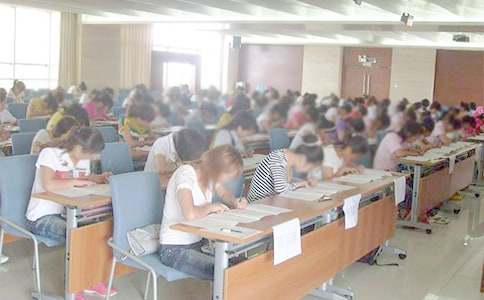2002年六級(jí)英語(yǔ)考試最新模擬試題(九)
Passage 1

The importance and focus of the interview in the work of the print and broadcast journalist is reflected in several books that have been written on the topic. Most of these books, as well as several chapters, mainly in, but not limited to, journalism and broadcasting handbooks and reporting texts, stress the "how to" aspects of journalistic interviewing rather than the conceptual aspects of the interview, its context, and implications. Much of the "how to" material is based on personal experiences and general impressions. As we know, in journalism as in other fields, much can be learned from the systematic study of professional practice. Such study brings together evidence from which broad generalized principles can be developed.
There is, as has been suggested, a growing body of research literature in journalism and broadcasting, but very little significant attention has been devoted to the study of the interview itself. On the other hand, many general texts as well as numerous research articles on interviewing in fields other than journalism have been written. Many of these books and articles present the theoretical and empirical aspects of the interview as well as the training of the interviewers. Unhappily, this plentiful general literature about interviewing pays little attention to the journalistic interview. The fact that the general literature on interviewing does not deal with the journalistic interview seems to be surprising for two reasons. First, it seems likely that most people in modern Western societies are more familiar, at least in a positive manner, with journalistic interviewing than with any other form of interviewing. Most of us are probably somewhat familiar with the clinical interview, such as that conducted by physicians and psychologists. In these situations the professional per
>>